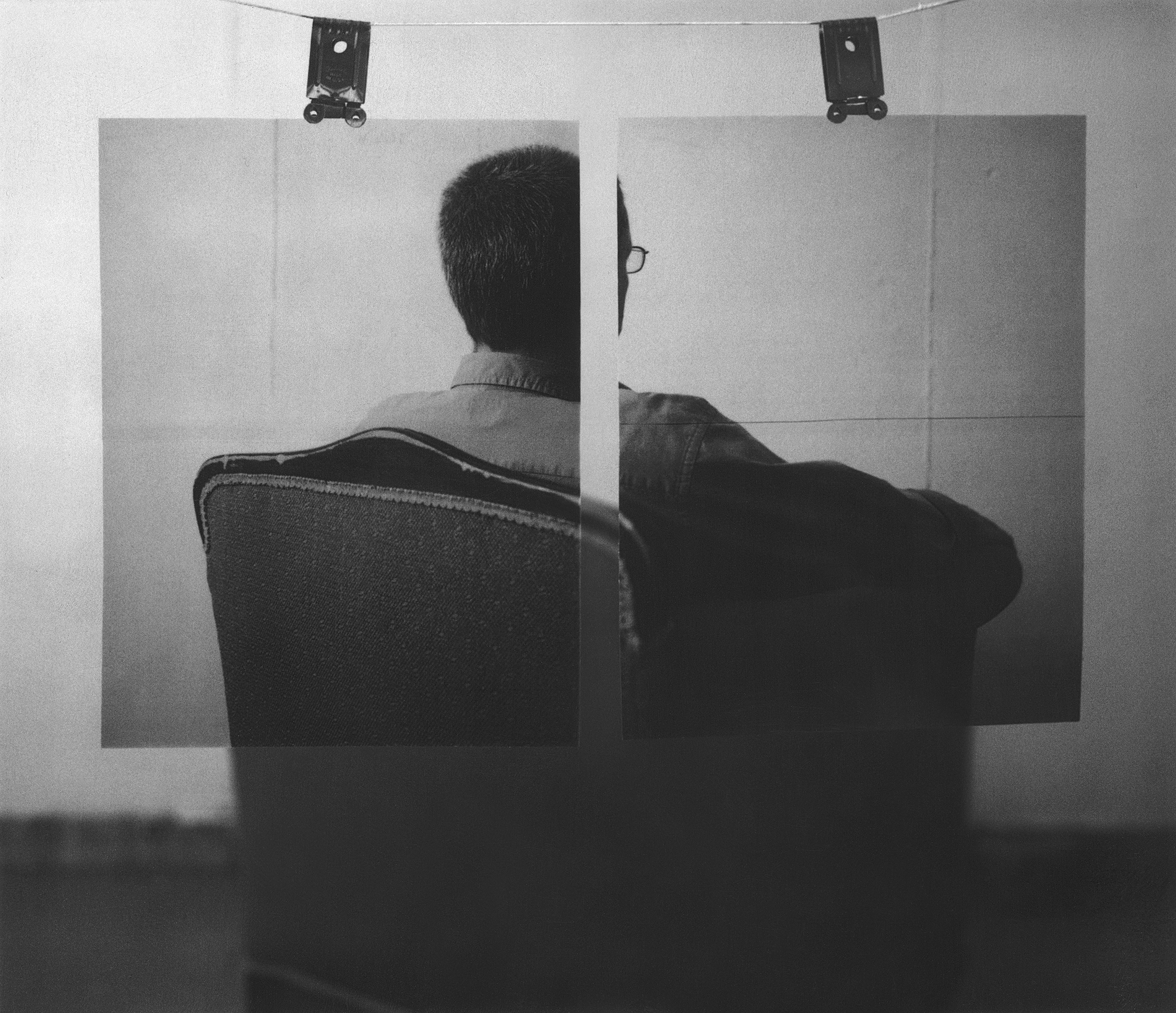You feel blue. So she gets you up off the couch to see a movie with her, and you feel better.
Or you don’t feel better. She thinks you should try more talk therapy, which you do, and you feel better.
Or you don’t. You are not blue anymore, just very tired. After half an hour of digging in the garden, you must lie down. At a dinner party the conversation takes too much effort, and you have to excuse yourself. This fatigue goes on for months. She tells you to see your doctor. He reviews your blood work and says you’re fine, and you feel better.
Or you feel worse. You’re sure the doctor has missed some fatal illness. You can’t get off the couch. You want to, but you can’t. This is so much more than fatigue. You are resigned. You think, I have lived a good life. She says, “Come on, mister! Into the shower!” and you comply for her sake. She doesn’t see you on all fours in the stall. She can’t know what this shower is costing you. But you get dressed and return to the doctor. He prescribes pills. She wishes you didn’t need pills. She wants her love to be enough to cure you. But you take the pills anyway, and you feel better.
Or they are the wrong pills, or the wrong dose. You sink down into the place of torment that is without pain but worse than pain. You think, I want to die. She’ll be better off without me. She comes and touches your head. She speaks words of comfort, and you know she wouldn’t really be better off without you. You want to live.
Or you sink deeper, into the place where not even love can reach you. Now you think about methods, but each one is complicated: What kind of rope? Attached where? Tied how? Who will find the body? No, it’s too much. What you need is a big red button two inches from your hand, and all you have to do is reach out and press it. Then: oblivion. You lie on the couch wishing for such a button. This is where a gun would be useful. But it would have to be a loaded gun, because the thought of finding ammunition, opening the box, swinging out the cylinder — it’s too exhausting to contemplate. No, what you need is a button ready for pressing. Please, please, please, a button. There is no end to your wishing for a button.
Or there is an end. You sleep and wake up feeling shittier than a dozen hangovers at once. This is an improvement. You still want to die, but now she can make a difference again. She still can’t transfer her strength to you, no matter how hard she tries. She can’t kick your ass and make you pull it together. But she can remind you that you were happy once, and that happiness might be possible again. You don’t feel better, but you believe in the concept.
Or you don’t believe, but the medication gets ahead of you and leads the way. One morning you’re in the car and have to adjust the mirrors because your posture is more erect. Your path of improvement is not easy, though. You grow irritable. You raise your voice at her, and, even though you apologize, you have hurt her. “That’s not me,” you say. And she says, “That’s why I don’t like you taking the drugs. They make you a different person.” She’s not wrong, but eventually she will come to understand why you choose to be a different person.
Or she might not. It must be hard to grasp: How could you have felt exhausted for months yet failed to recognize the exhaustion for what it was? Also the big red button must sound unreal to anyone who has never groped for it in the dark. And in this regard you prefer that she not understand.





